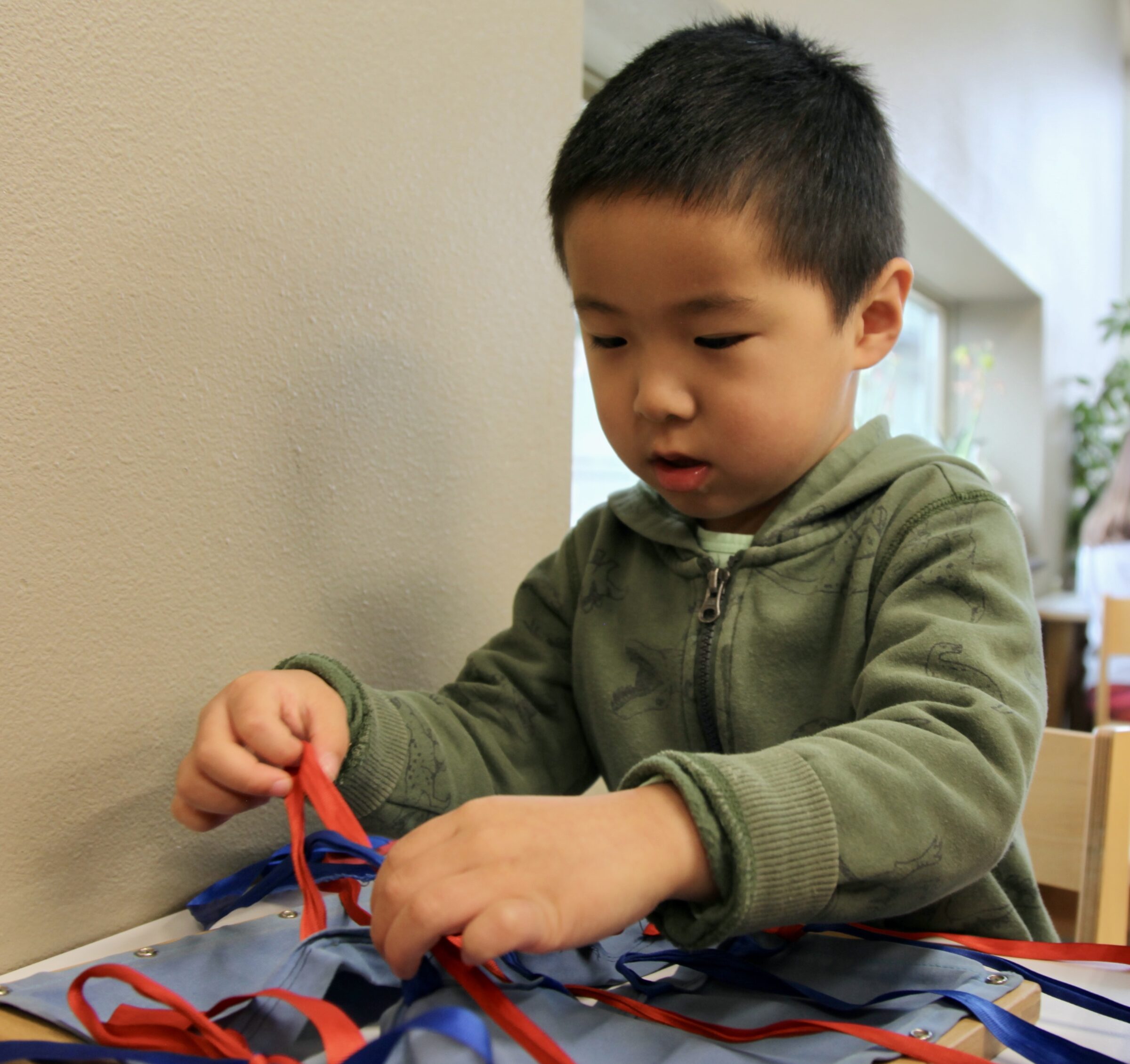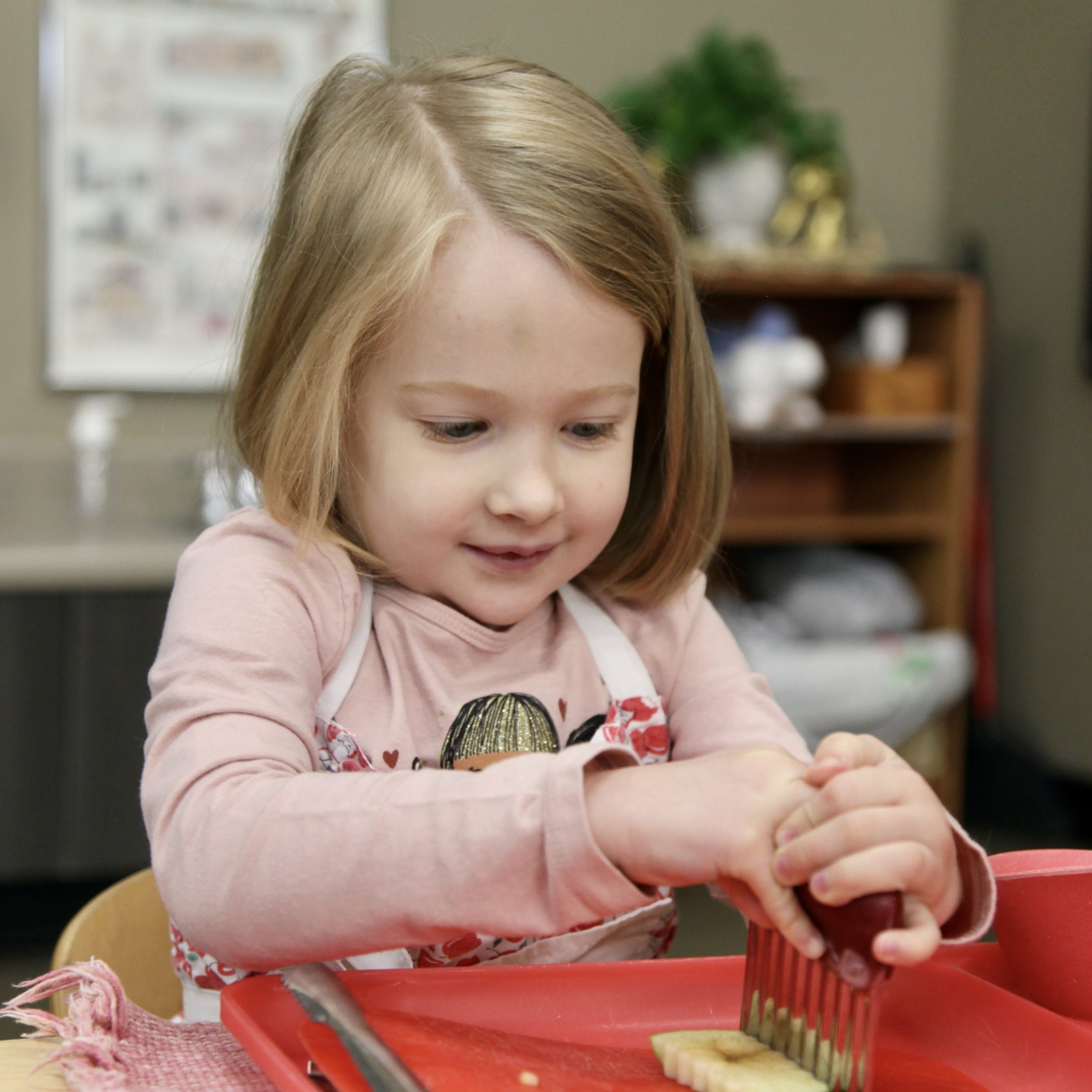Learning Reality
Podcasts
It can be hard to remember, children are learning everything. Children are learning EVERYTHING. In addition to learning to walk, and to feed themselves, and how to be a friend, they’re learning reality.
At some point, children become aware that they have an impact on their environment, and on the behavior of others. We learn we can elicit a reaction, or affect change, or get someone to do what we want, or any number of things, through our words, through our actions, through our responses.
Sometimes we say “no” even when we don’t mean it. We all have felt a sense of “You’re not the boss of me, I’m in charge of my own self.”
Our partner suggests going out, our tiredness demands staying in. A friend invites us to come along for sandwiches, our stomach demands tacos. You say up, I say down, you say yes, I say no. Sometimes, even as adults, we have trouble identifying HOW we’re feeling and WHAT we need.
We mistake tired or bored for hungry. We’re mad at someone else when we’re simply frustrated with ourselves. We snap at a partner or colleague when we’re truly just in need of some sympathy.
It’s natural to sometimes want to assert a bit of power, especially when we’re feeling vulnerable, or small, or hungry, or tired.
This is sometimes where, with children, the beautiful quality of “independence” gets a bad reputation, and becomes synonymous with “stubborn,” or “disagreeable,” or “uncooperative.” It’s sometimes hard to remember this is a whole human, and if trouble with emotions is part of the Human Experience, we can see how these behaviors might naturally emerge from children, too. They’ve been experimenting with how they can affect their world since they got here, and sometimes they surprise us by having their own thoughts, opinions, emotions, desires, and demands. Sometimes we all like to feel a little important, to assert a bit of power, to remind those around us that we’re still here and we matter.
“It’s natural to sometimes want to assert a bit of power, especially when we’re feeling vulnerable, or small, or hungry, or tired.”
How much harder must it be, when you’re still learning EVERYTHING — how to identify what you’re feeling physically and emotionally, how to name these sensations and possible causes and remedies and by-products, as well as self-control, self-monitoring, and what is real and what isn’t.
Reality is fluid when you’re little. It doesn’t need to be real, to be true.
To illustrate, here are a few archetypal examples.
The resulting meltdown when a balloon floats away. (Is this really catastrophic? No, but the reaction would make us think it is.)
The results of pretend play — he says he’s five and he isn’t!! (This one is doubly difficult, since a child is learning about truth. Facts are extraordinarily important to the young child, but if you SAY something is true, then it IS. We forget that pretend play requires an unspoken agreement, and if a friend is “pretending” something that isn’t quite true and it’s bothersome, you have the ability and the right to simply ignore it. Just because you say it, doesn’t make it so. This is huge for young children)
At this young age, they’re still learning truth and fiction. A “lie” isn’t a mis-truth, so much as wishful thinking — if I say it, it’s so. Just like a child grabbing their lunch and coming to the door at pick up time, this is what you do and then your parent shows up!
“Reality is fluid when you’re little. It doesn’t need to be real, to be true.”
It’s also apparent with a guilty conscience, hoping and pretending that if I say I didn’t bop my friend, the unpleasant feeling that behavior caused will go away, and we’ll be friends again.
We don’t always need to call a child on her fib, not is that playing into the reality she’s creating. Words like “always” and “never” are rarely indicators of reality.
Instead of naming all the reason’s she’s wrong, when a child says she “never” gets to do what she ways, or no one ever plays with her, or so-and-so is always mean, or she’s never first, perhaps helping her to find the small bit of truth hidden within the global, grandiose, non-factual, fully emotional statement.
“Is that how you feel?”
“Do you want to tell me more about that?”
Or, for particularly big “stories,”
“Huh. That doesn’t sound quite accurate.”

As adults, when we’re feeling a bit out of sync, having trouble identifying how we feel and what we should do about it, the answer is often Affirmation. The same could be true for children.
“I hear how frustrated that made you.”
“I know Sam is a very dear friend, and I think he probably didn’t mean to hurt your feelings the way he did.”
“I can’t get you a new balloon, but I can give you a hug.”
We don’t need saving, or rescuing, or someone to fall down the rabbit hole of our sorrow with us, or push-back and disbelief. We don’t need someone to call us on our fib. We just want to feel heard.
In this moment, the facts don’t really matter. How you feel about the facts is what matters. When you’re comforted off the edge with compassion, then we can talk about reality, and what, if anything, we can do about it. Often the argument about the pretend-five-friend, or the tears about the balloon, or the frustration about never getting to be first, is gone as quickly as it came. The good part of being a bit upset about something that isn’t necessarily true, is that the emotions tend to fade as quickly as they came on.
After all, when we’re feeling the need to assert a bit of power, or feeling vulnerable, or don’t know how we’re feeling, we all mostly just want to be seen, and known, and loved.
Written by:
Charlotte Snyder






